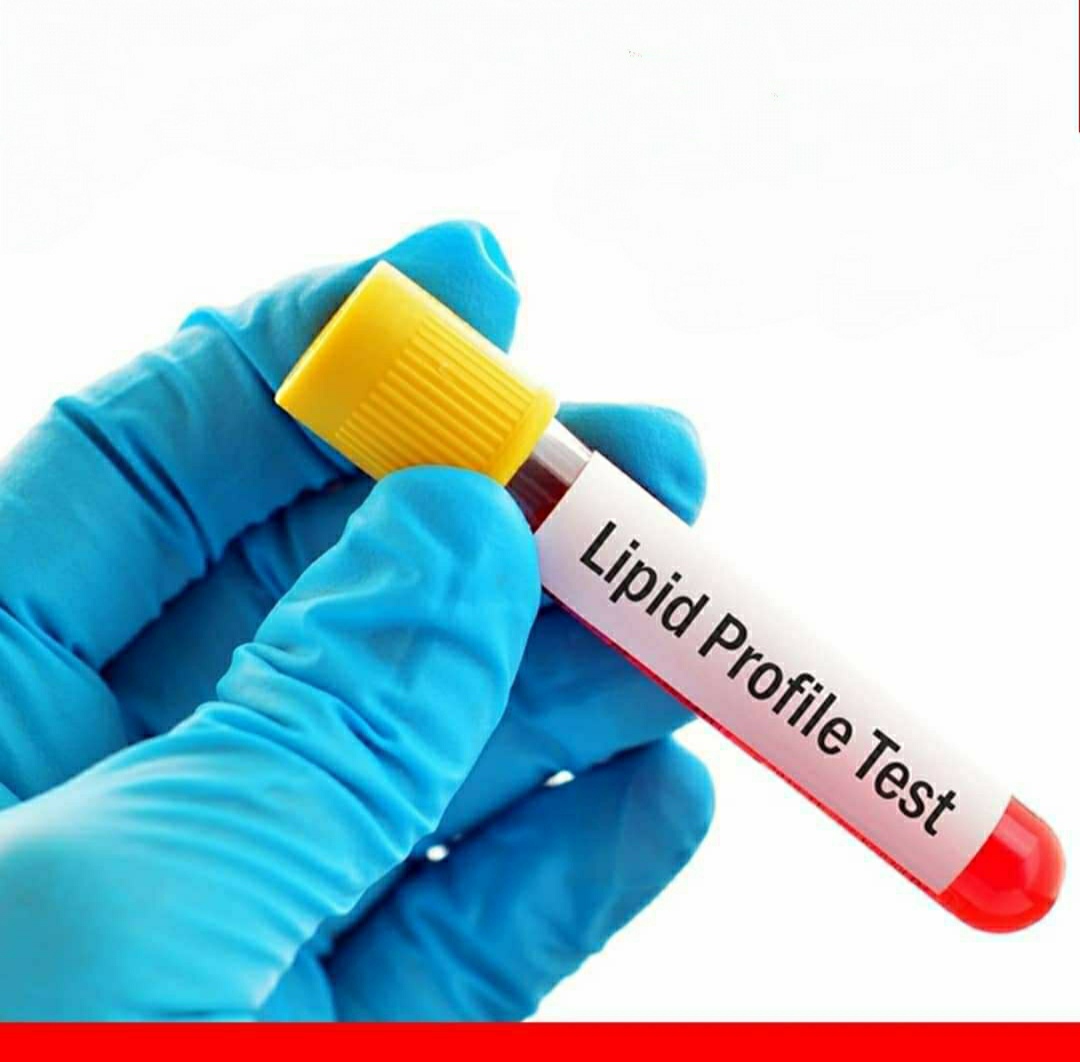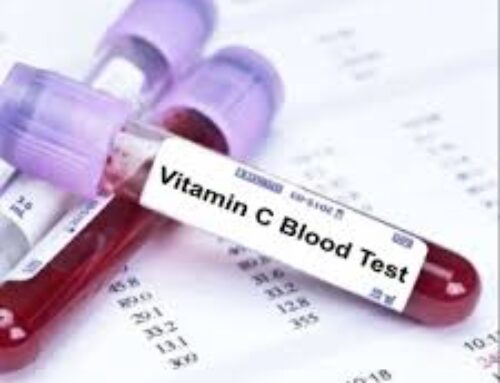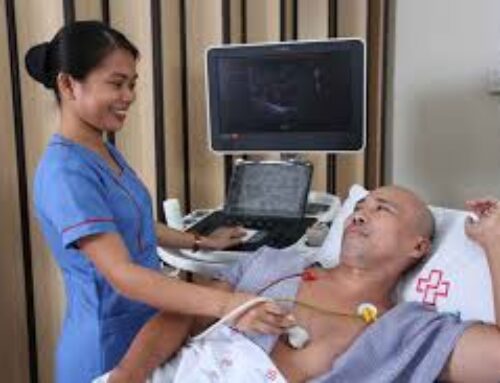Cholesterol is found in your blood and is necessary to build healthy cells, hormones, Vitamin D and substances that aid digestion. But, a high level of cholesterol can harm your health.
Table of Contents
1. Why high cholesterol is harmful to your health?
Having high cholesterol levels lead to fatty deposits in your blood vessels. Gradually, these deposits grow and it becomes tough for the blood to flow through your arteries. In worse cases these deposits grow and there is restricted flow of blood through arteries. These deposits can break, forming clots leading to a heart attack or stroke.
Now that we know the significance of cholesterol for our health let us understand in detail about the Lipid Profile or cholesterol test.
2. What is Lipid Profile test?
It is a blood test meant to measure the amount of cholesterol and triglycerides in your blood.
3. What does cholesterol test determine?
A cholesterol test determines the risk you have of building up fatty deposits in your arteries. This isn’t healthy as it narrows or blocks your arteries referred to as atherosclerosis.
A lipid profile test measures the cholesterol and triglycerides level in your blood.
4. Why do I need a Lipid Profile test?
You wouldn’t get any symptoms or signs of a high cholesterol. Lipid profile test is a way to estimate your risk of heart attacks and other heart diseases or diseases related to the blood vessels.
5. A lipid profile test includes the measure of four types of fats in your blood:
- Total cholesterol: It is the sum of the total content of cholesterol in your blood.
- Low-density lipoprotein (LDL) cholesterol:
LDL is “bad” cholesterol and too much of it in your blood causes building of fatty deposits in your arteries, and this reduces the blood flow. These plaques can rapture and lead to a heart attack.
- High-density lipoprotein (HDL) cholesterol:
HDL is “good” cholesterol and it keeps arteries open and lets the blood flow freely.
- Triglycerides:
It is a type of fat in the blood. What you eat gets converted to calories and what isn’t needed is converted into triglycerides that get stored in fat cells. High levels of triglycerides are associated with varied factors like overweight, eating too much of sweets or over consumption of alcohol, sedentary lifestyle, diabetes or smoking.
6. Why would the doctor recommend you a Lipid Profile test?
- It can be a routine test that will determine the cholesterol levels.
- To monitor the cholesterol levels if your prior test results have been abnormal or if you face other risk factors for heart diseases.
- It helps to diagnose other health conditions like liver disease.
- It will help to monitor your body’s response to the treatment like cholesterol medications or changes in your lifestyle.
- When you face risks for cardiovascular disease like:
- High cholesterol level in the previous test.
- Smoking cigarettes.
- High blood pressure.
- Diabetes or prediabetes.
- When you are above the age of 45 years.
- When you live a sedentary lifestyle with not enough physical activity.
- Having a parent or sibling who has heart disease at an early age.
- Sometimes children can have high cholesterol, and it is related three factors:
- Heredity
- Diet and
- Obesity
In most cases, children with high cholesterol have a parent who suffers from high cholesterol.
- To test the health conditions that affect lipid levels that include:
- Chronic kidney diseases
- Hypothyroidism
- Pancreatitis
7. How to prepare for the Lipid Profile test?
You will require to fast, and consume no food or liquids other than water, for 9 to 12 hours prior to the test. But follow the doctor’s instructions before you visit the diagnostic center.
If you visit Sunrise Diagnostic, our team will help you with all the details and you don’t need to worry because, we are one of the best diagnostic center in Pune. If you are looking for a full body health check up you can trust Sunrise Diagnostic.
8. What is the process of Lipid Profile test?
- You will have to sit in a chair and the healthcare provider will check your arms to find the easily accessible vein. It is in the inner part of your arm.
- Once the vein gets located, your healthcare provider will clean and disinfect the area.
- A small needle will be inserted in your vein to take a blood sample. You might feel a slight pinch then.
- A small amount of blood gets collected in a test tube and once its enough for testing, he/she will remove the needle and hold that spot with a cotton ball to stop the further bleeding.
- Then a small bandage is put over that place and you are done with the test. This entire process will take not more than 5 to 7 minutes.
Checking out for the health checkup packages in Pune? Sunrise Diagnostic is the best diagnostic centre that you can trust for health check-ups and tests.
Trust us, be safe, comfortable and at ease.








This post is really helpful for me. Good Job!!